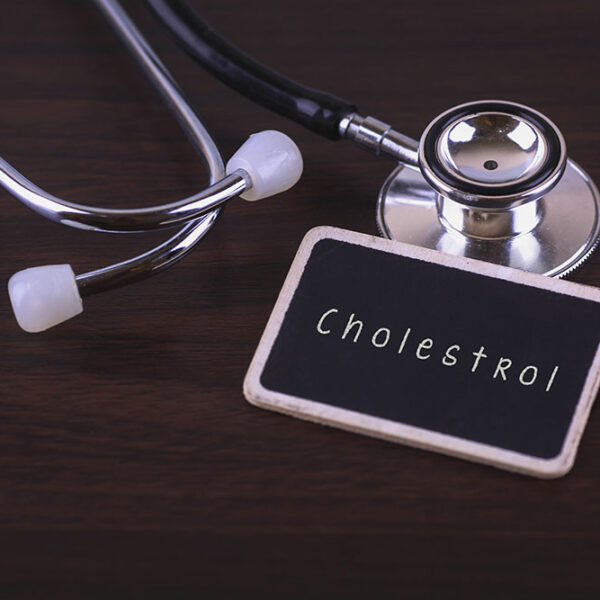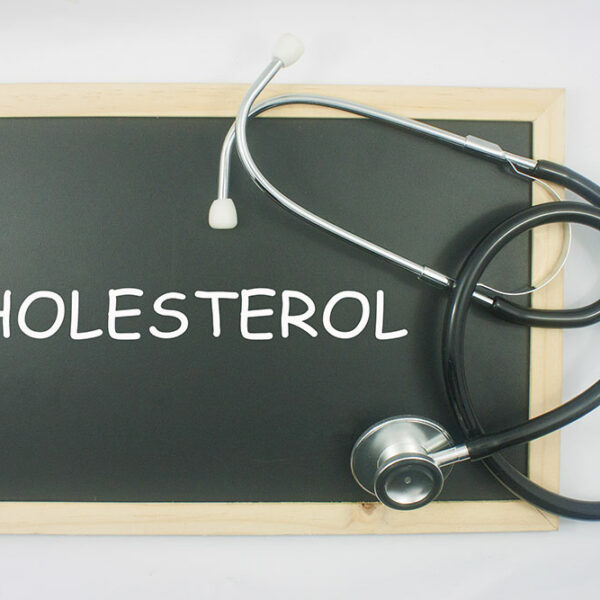
All about cholesterol: types and treatments
Cholesterol is a chemical compound found in the bloodstreams of the human body. It is a waxy, fat-like substance that’s found in all cells of the body and is mostly composed of lipids and fats. The human body needs some cholesterol to make hormones, vitamin D, and substances that help digest food. The food being consumed is also responsible for the levels of cholesterol in the body. Common food products that contain cholesterol The common food products such as milk, cheese, butter, eggs, meat and fish produce a high amount of cholesterol in the body. Even low-fat milk is said to have some content of cholesterol in it. Liver is the organ that handles the generation of these lipids. Types of cholesterol Two kinds of lipoproteins carry cholesterol throughout your body: low-density lipoproteins (LDL) and high-density lipoproteins (HDL). Having healthy levels of both types of lipoproteins is important. High-Density Lipoprotein (HDL): HDL cholesterol sometimes is called good cholesterol because it lowers the risk of a heart attack, strokes, and many other heart diseases. Low-Density Lipoprotein (LDL): LDL cholesterol sometimes is called bad cholesterol. A high LDL level leads to a buildup of cholesterol in your arteries making you prone to life-threatening ailments such as a heart attack, stroke and other heart ailments.

